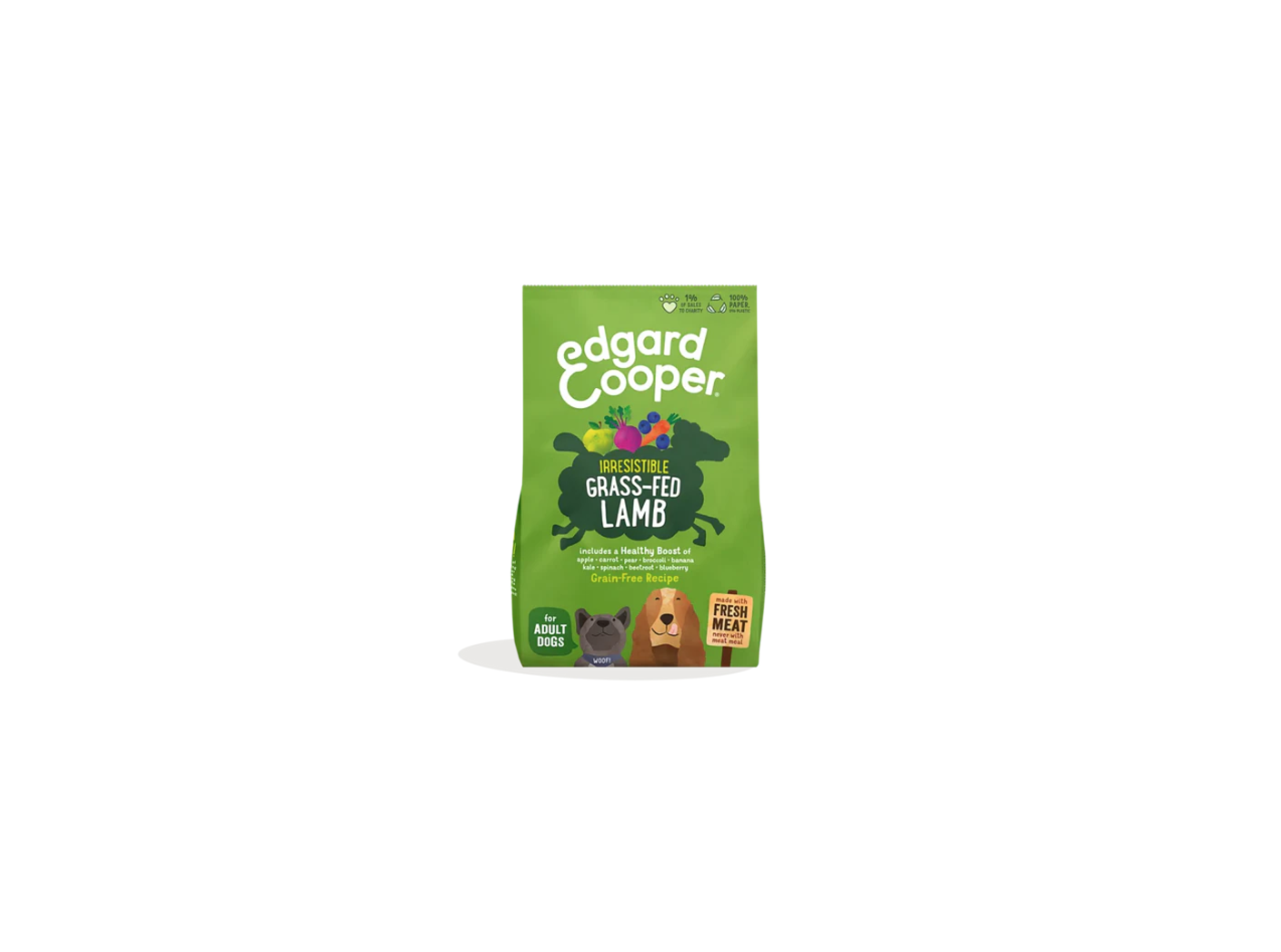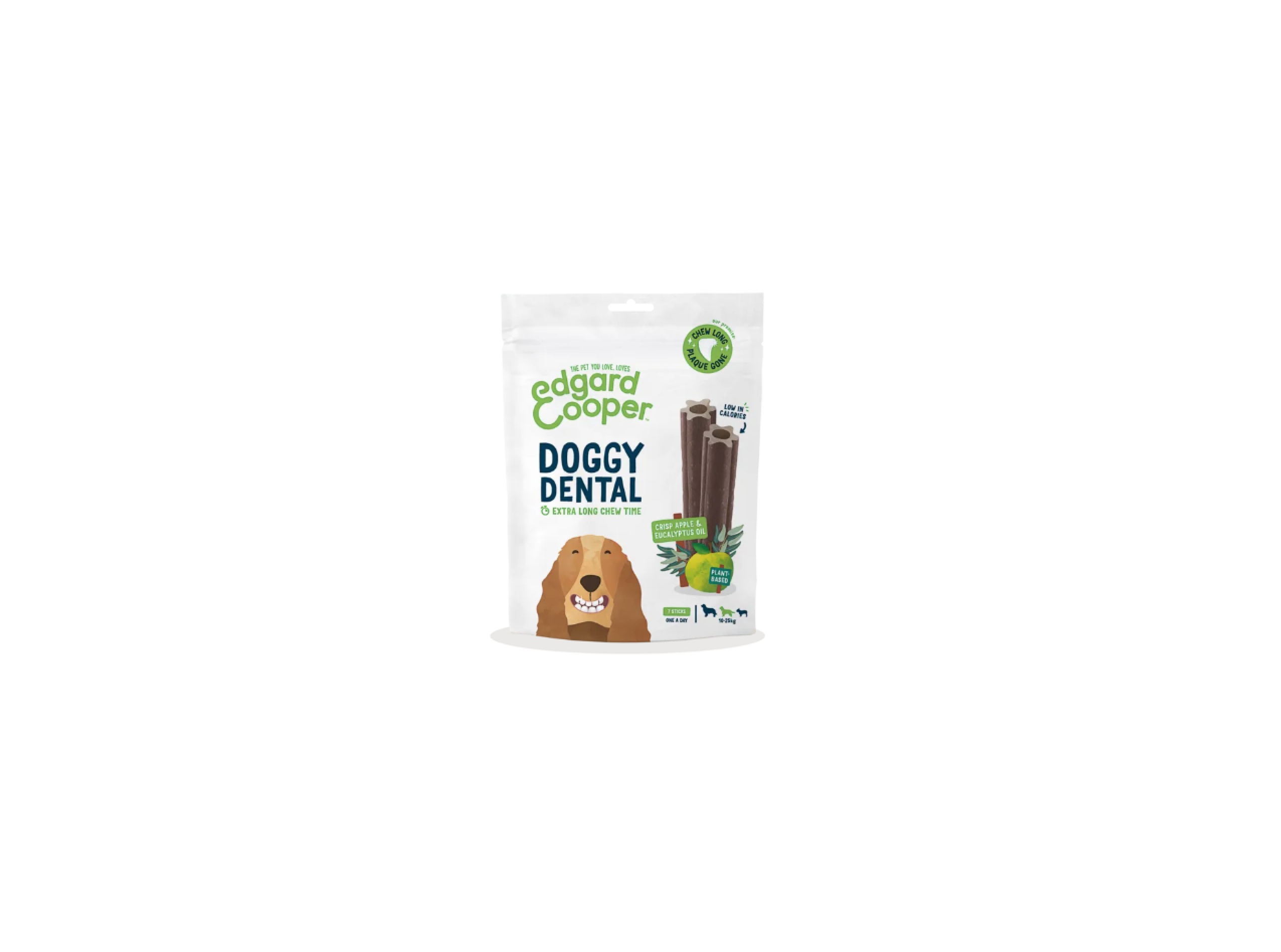Choosing the right food for your dog is a critical aspect of their overall health and well-being. With a wide array of dog food options available, it's essential to make an informed decision that suits your dog's specific needs. Here's a guide to help you choose the best food for your furry companion:
-
Consult Your Veterinarian: Before making any dietary changes for your dog, it's a good idea to consult with your veterinarian. They can provide insights into your dog's specific nutritional needs, especially if your dog has any underlying health conditions or dietary restrictions.
-
Consider Your Dog's Age: Dogs have different dietary requirements at different life stages. Puppies, adult dogs, and senior dogs have unique nutritional needs. Ensure the food you choose is appropriate for your dog's age.
-
Assess Your Dog's Size and Breed: Smaller and larger breeds may have different nutritional requirements. Some breeds are prone to specific health issues, so it's essential to choose food that addresses these concerns. For example, large breeds may require food with controlled calcium levels to prevent bone and joint issues.
-
Read the Ingredient List: The ingredient list on dog food packaging can be an excellent indicator of its quality. Look for whole, high-quality ingredients, such as meat, poultry, or fish, as the first listed ingredients. Avoid foods with excessive fillers, by-products, artificial additives, and preservatives.
-
Choose the Right Protein Source: High-quality animal protein sources, such as chicken, beef, or salmon, should be a primary component of your dog's food. The protein source should be named (e.g., "chicken" instead of "meat by-products").
-
Check for Balanced Nutrition: A well-balanced dog food should include not only protein but also essential nutrients like carbohydrates, healthy fats, vitamins, and minerals. Look for food that meets the AAFCO (Association of American Feed Control Officials) guidelines.
-
Consider Food Allergies and Sensitivities: If your dog has food allergies or sensitivities, choose a food that avoids the problematic ingredients. Some dogs may benefit from limited-ingredient diets or grain-free options.
-
Evaluate the Form of Food: Dog food comes in various forms, including dry kibble, canned, dehydrated, and raw. The form you choose can depend on your dog's preference and any specific dietary requirements.
-
Understand the Brand Reputation: Research the brand of dog food you're considering. Look for companies with a history of producing high-quality, safe, and reliable products. Customer reviews and recommendations from fellow dog owners can also be valuable.
-
Monitor Your Dog's Response: After transitioning to a new food, keep a close eye on your dog's health and well-being. If you notice any adverse reactions, digestive issues, or allergies, consult your veterinarian and consider switching to a different food.
-
Gradual Transition: When changing your dog's diet, do so gradually by mixing the old and new food together over the course of several days to avoid digestive upset.
Remember that there is no one size fits all answer when it comes to choosing dog food. What works for one dog may not work for another. The key is to choose a high-quality, well-balanced food that meets your dog's unique needs and preferences. Your veterinarian can provide valuable guidance to ensure you make the best choice for your dog.
At Pet Stop Boutique, we chose to sell Edgard & Cooper food. Have a look at their ingredients here.








